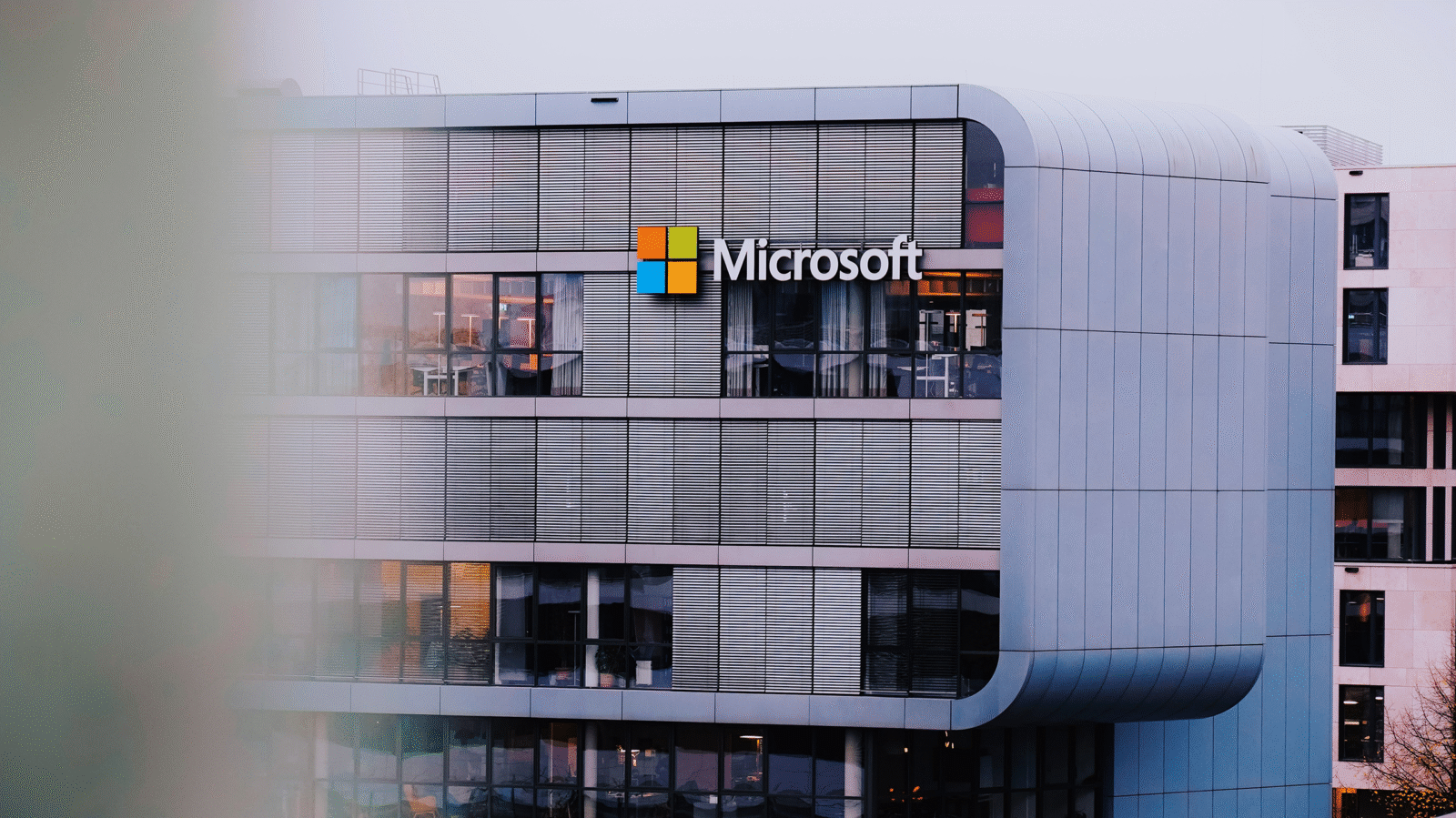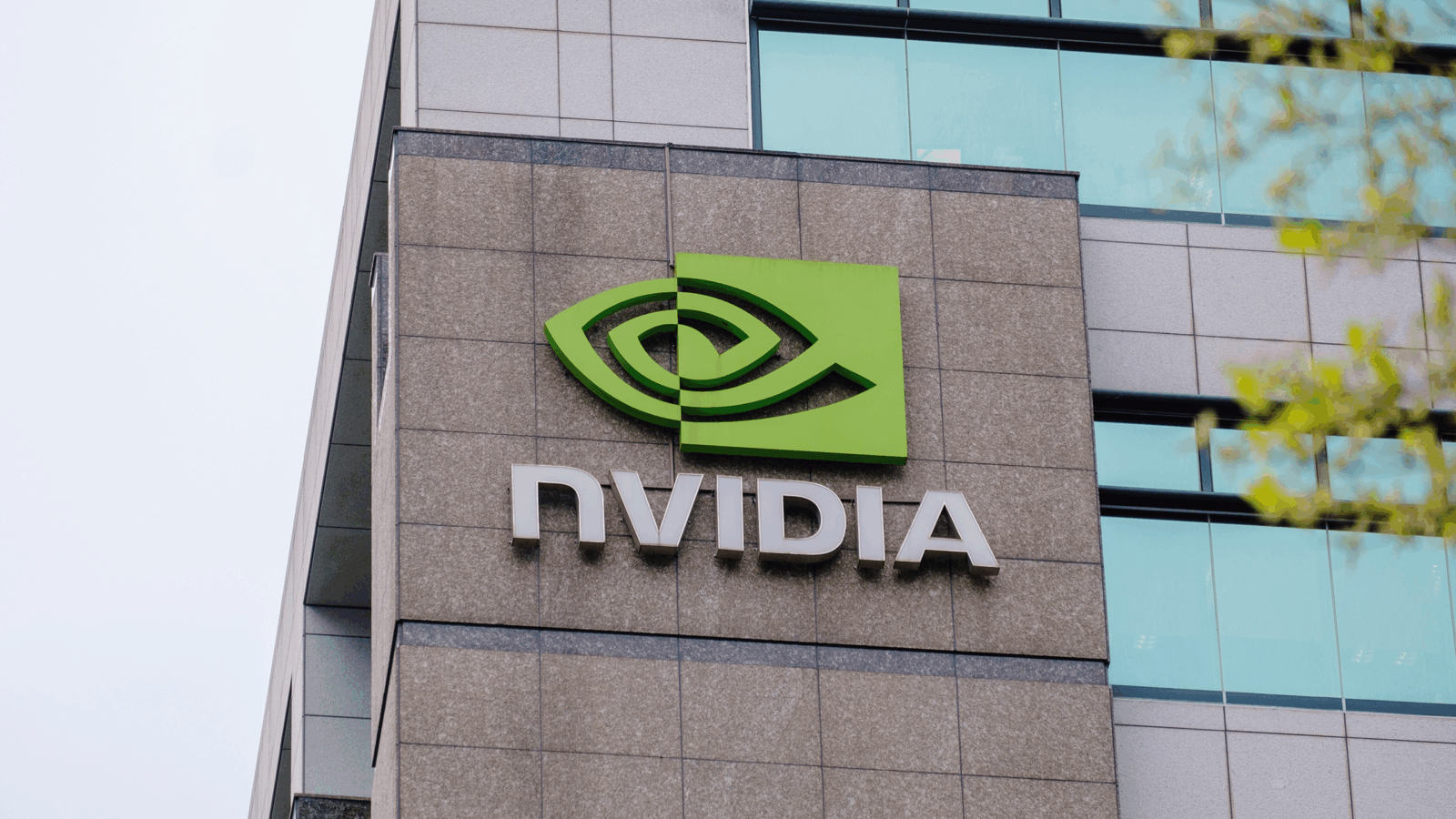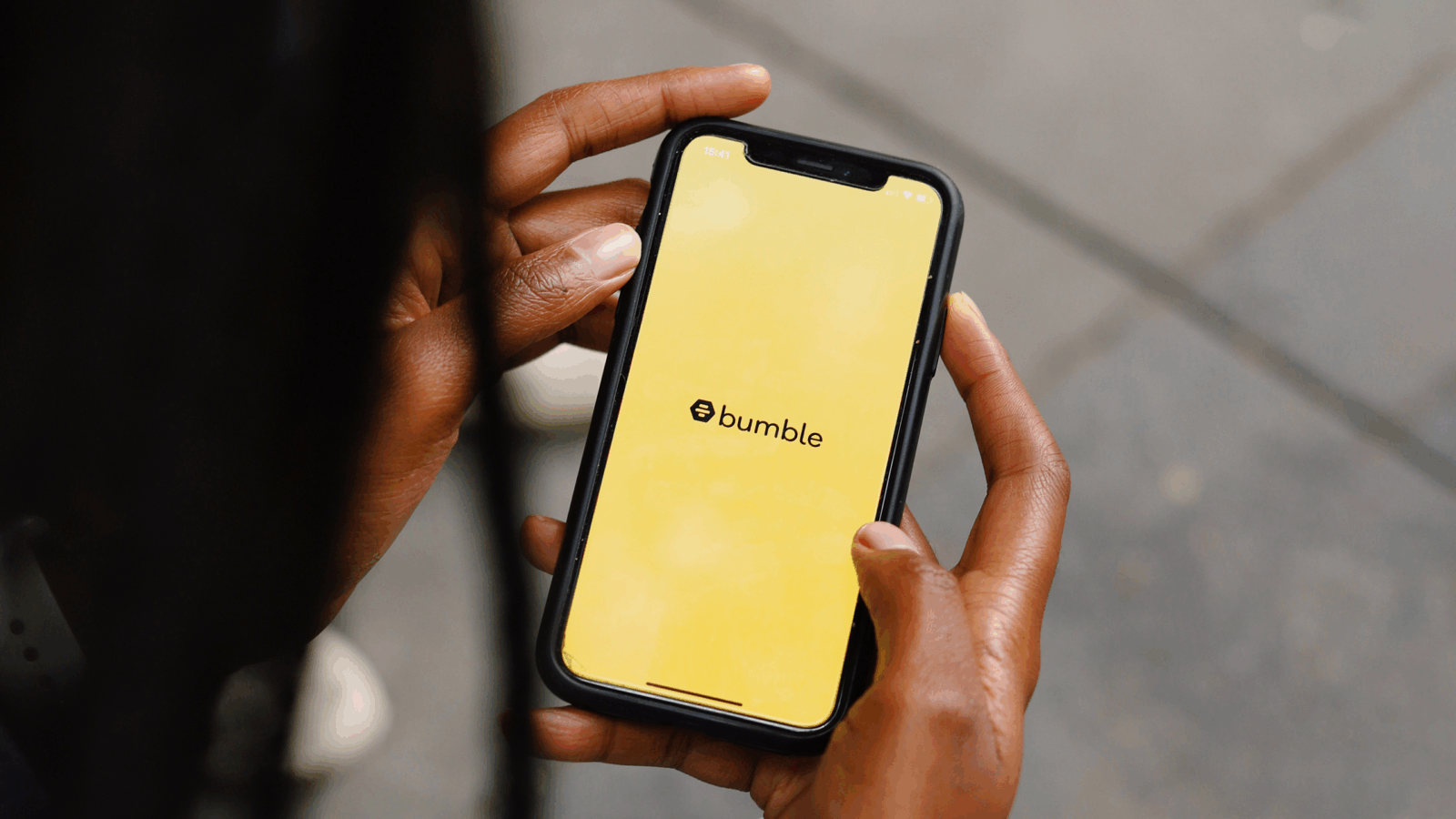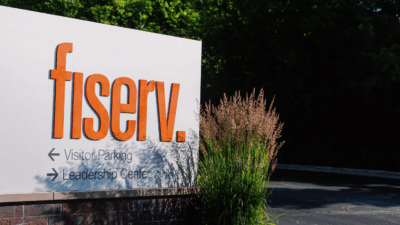Life After Warner Bros. Has Been Great for AT&T
Has CEO John Stankey, who took the position in 2020, effectively turned the corner on his turnaround plan at AT&T?
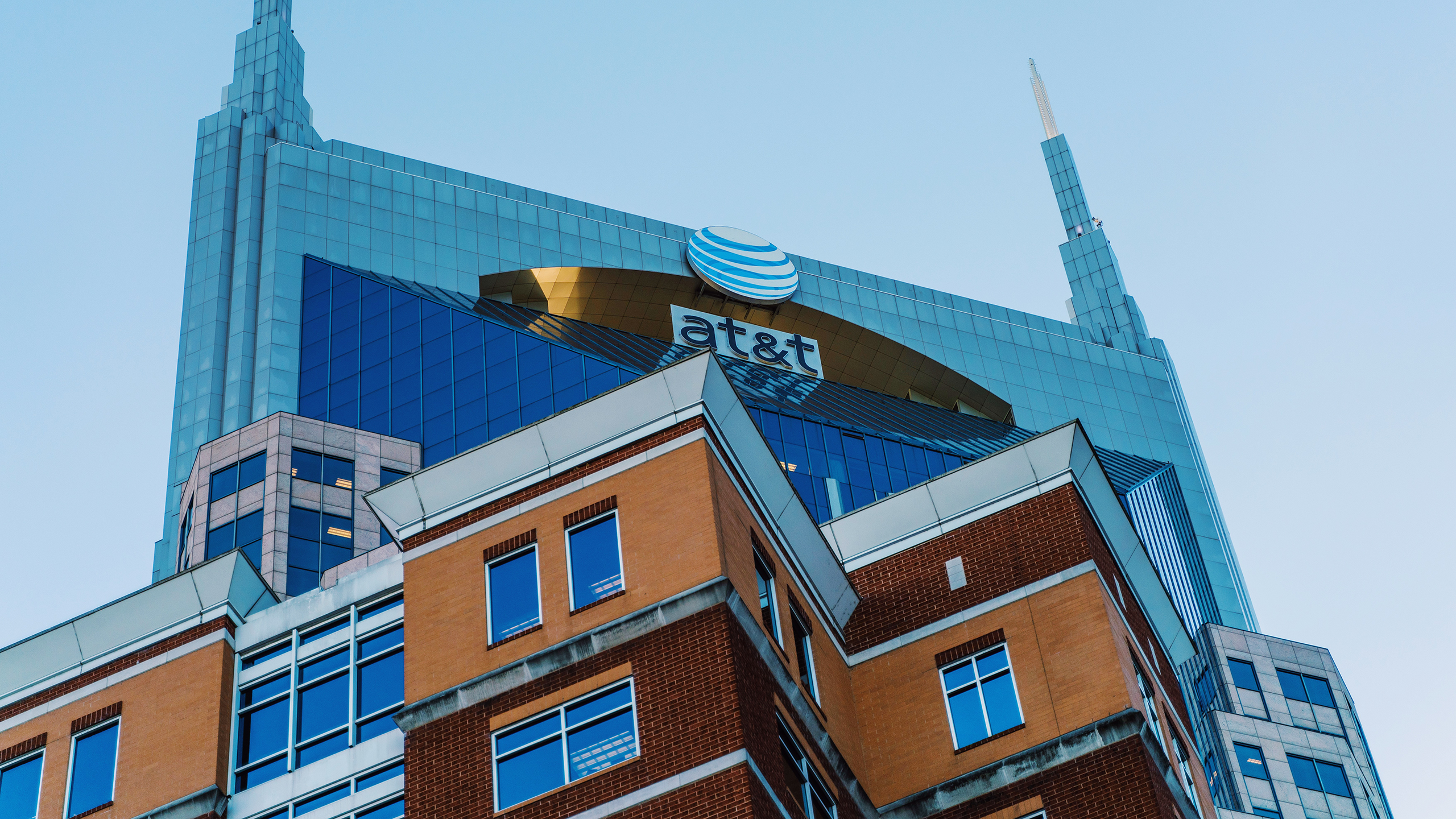
Sign up for smart news, insights, and analysis on the biggest financial stories of the day.
Two years on, it’s pretty clear who’s winning the breakup.
During an Investor Day event on Tuesday, AT&T projected sustained profit growth over the next three years and promised to return $40 billion to shareholders — signalling that CEO John Stankey, who took the position in 2020, has effectively turned the corner on his turnaround plan after AT&T entered the decade on the backfoot. The obvious turning point? Ditching Warner Bros back in 2022, and getting out of the media world writ large.
Tuning Out
The logic behind AT&T’s mammoth $80 billion acquisition of Warner Bros. in 2018 was pretty simple: own the airwaves, own the content that comes over the airwaves, become an unstoppable media and communications supergiant. (When streamer HBO Max, now just Max, launched in 2020, AT&T made a big deal of bundling it in for existing wireless and broadband customers).
Then came reality: Streaming is an expensive endeavor, once-lucrative linear TV is the Titanic, and the debt load weighed heavily on the balance sheet — eating a big chunk out of annual shareholder dividends. Stankey flipped the Hollywood studio to Discovery for just $43 billion in cash and debt (Warner Bros. Discovery’s current market cap? Just $25 billion), and moved to offload DirecTV to private equity giant TPG.
Now it’s a slimmer AT&T, but a healthier one. The firm remains in a solid third place behind Verizon and T-Mobile in the inch-by-inch all-out turf war for US wireless customers, but it has gained an edge in the new battle for fiber-optic broadband subscribers. Which means, after ditching HBO, AT&T can once again sell the only story all investors love anyways — growth:
- AT&T said Tuesday it will achieve double-digit profit growth and reach free cash flow of $18 billion by 2027. It will coincide with an increase in capital expenditures; the company says it wants to invest $22 billion annually over the next three years, with ambitious plans to expand its industry-leading fiber-optic broadband reach from around 28 million locations today to more than 50 million by 2029.
- More importantly, for shareholders, it plans to maintain its $1.11-a-share annual cash dividend, as well spend another $20 billion on share buybacks through 2027.
Sky High: The news earned AT&T a 5% bump on Tuesday, enough to notch a three-year high; shares are up around 37% year-to-date and around 34% since the Warner Bros.’ separation. Shares of WBD, meanwhile, are down nearly 10% year-to-date and over 75% since the deal. But only scoundrels keep score after breakups.
